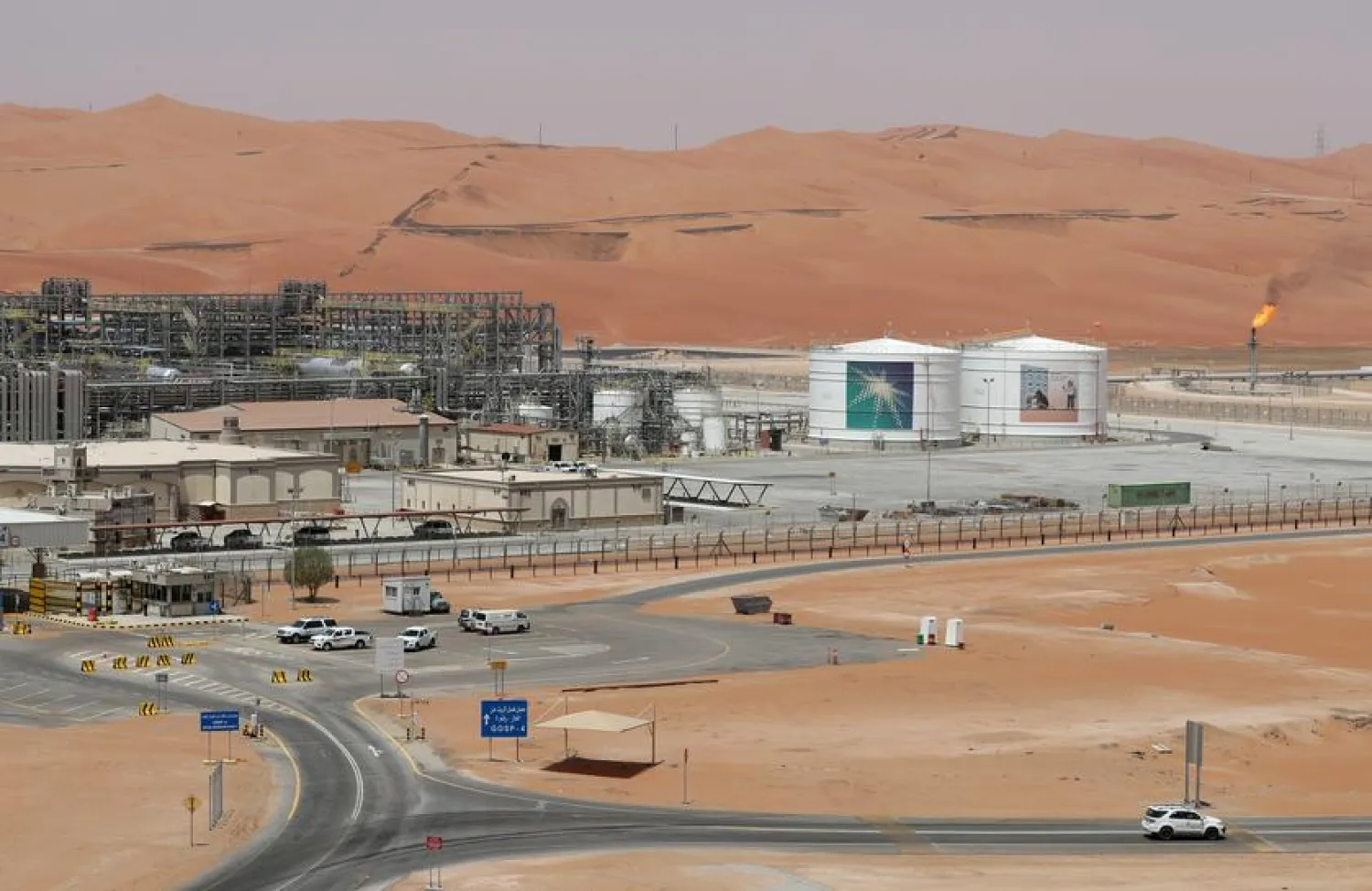Saudi Aramco raised its May official selling price (OSP) to Asia for its flagship Arab Light crude to $9.35 a barrel above Oman/Dubai crude, its highest premium ever.
Oil jumped more than 3 percent on Monday to $108 a barrel as the release of strategic reserves by consuming nations failed to address supply concerns arising from Russia's invasion of Ukraine and the failure of an Iran nuclear deal.
The invasion in February severely heightened supply concerns that were already supporting prices.
Sanctions against Russia and shunning buyers of Russian oil have already reduced production and raised fears of even more significant losses.
"Will liberating barrels from the strategic reserves fill the shortage caused by sanctions and buyer alienation from Russian oil? In short, no," said Stephen Brennock of BVM oil brokerage.
Brent crude rose $3.19, or 3.1 percent, to $107.58 a barrel. US West, Texas Intermediate crude rose $3.46, or 3.5 percent, to $102.73. Both contracts were down more than $1 earlier in the session.
Crude oil fell about 13 percent last week after US President Joe Biden announced a record release of US oil reserves, as members of the International Energy Agency pledged more wiretapping of the reserves.
The price of crude oil reached $139 last month, the highest level since 2008.
Oil also got a boost from stalled talks in Vienna to revive the Iran nuclear deal, which would allow sanctions on Iranian oil to be lifted.
On Monday, Iran blamed the United States for the ceasefire.
The downward pressure came from the armistice in Yemen, which may mitigate supply threats in the Middle East.
For the first time in the seven-year conflict, the United Nations-brokered a two-month truce between a Saudi-led coalition and the Houthi movement. The Houthis attacked Saudi oil facilities during the fighting.









